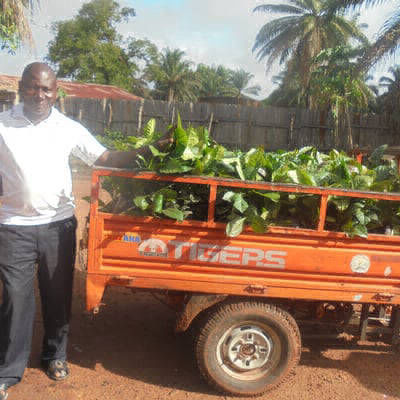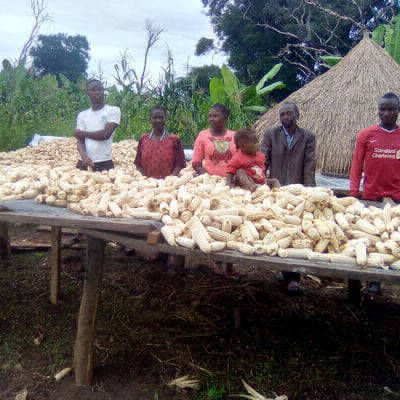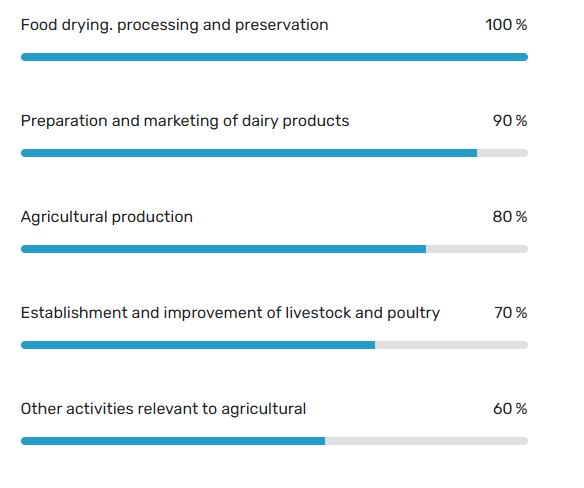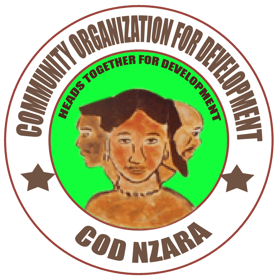Income Generating Activities
Many people and communities in South Sudan still produce their own food or derive their income from agriculture practices. It is common for families to grow their food and produce a lot of the goods they need (fiber for clothing, wood for building materials, etc.). They find ways to produce food to eat and then the “extras” are sold for cash to purchase non-farm items or bartered for the said items.


Community Organization for Development (COD) will conduct needs assessment to map out the livelihood activities (both on-farm and off farm), marketing channels, regulations governing cooperatives, potential risks which could affect microfinance activities and mitigation measures. Through this exercise the target villages will be identified in each locality in cooperation with the Local authority, and the existing village development committees. Criteria for selection will include, among others, that the villages have potential for developing small enterprises, access to markets and that they are accessible by road so implementation and technical supervision can be done.


To support the creation of these initiatives, we offer kick-off grants to the most sustainable proposals. Grants make up to 60% of the total start-up cost of the project. This provides a much-needed boost to their business at the initial stages while also encouraging individuals to take responsibility and ownership of the project through direct investment of their own savings.! We continually support our entrepreneurs during the design, implementation and monitoring of their chosen IGA through training and ad-hoc support. Currently Community Organization for Development has delivered training to several groups, and they have managed to setup their businesses and are working hard with our support to keep their businesses going!


You can write to us
COD help farmers build their skill and Support Agents who work within South Sudan rural communities to provide training to farmers. These networks help farmers learn about best practices, give them somewhere to turn when they have questions about their crops, and connect them to reputable buyers and suppliers. This training is critical to improving smallholder farmers' yields—and, in turn, addressing hunger and poverty in South Sudan.
Community
Fostering development in Nzara County communities.
Our Contacts
subscribe
Executive Director: +211 922 936 112 / +211 915 542 811
WhatsApp: +211 923 561 952
Program Officer: +211 924 511 874
Admin and Finance: +211 916 628 235
© 2025. All rights reserved.
Designed by AUCS
Privacy Policy | Terms of Use | Consumer Health Privacy | Legal Disclosure | Financial Information | Sitemap | Newsroom | Careers | Contact Us
